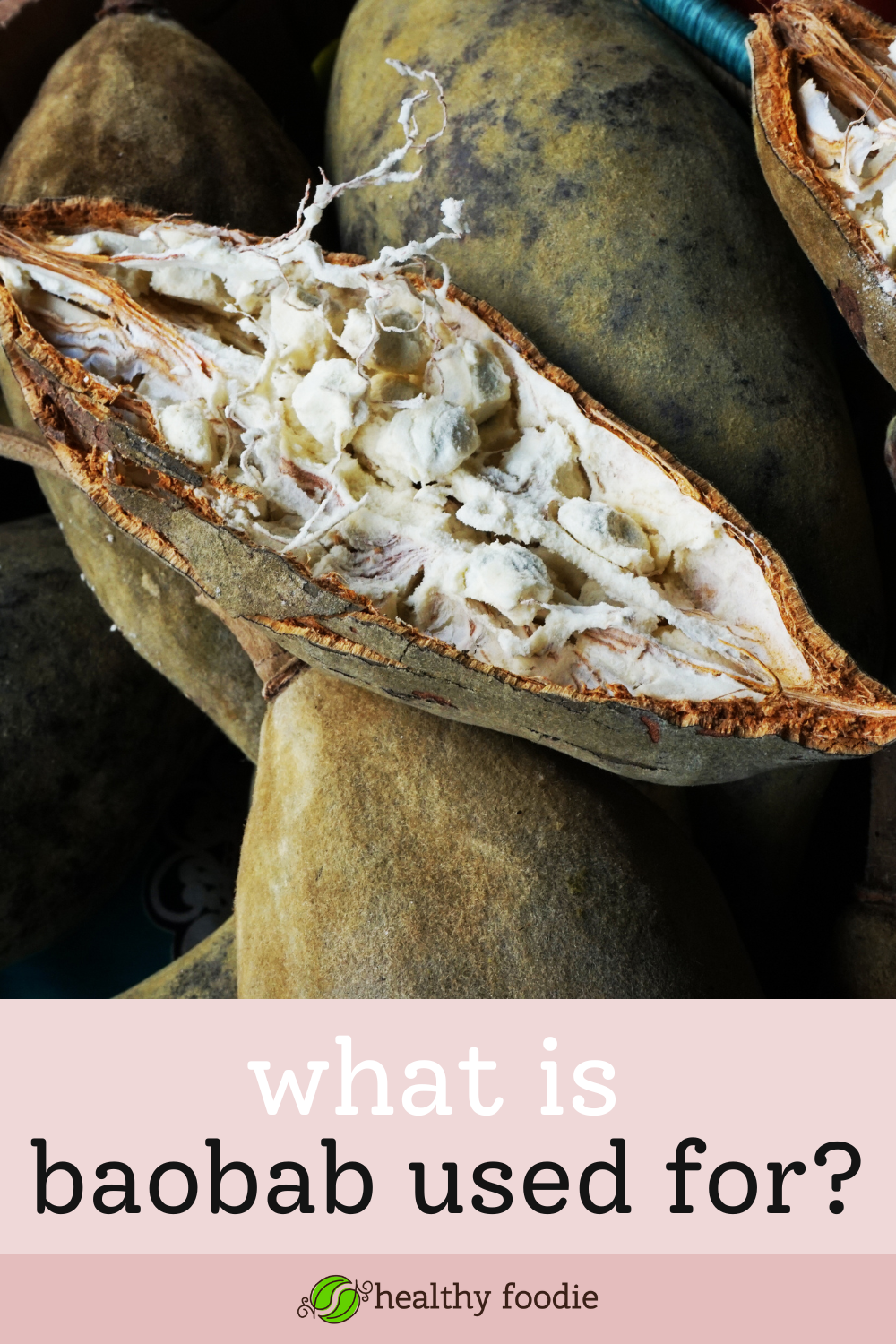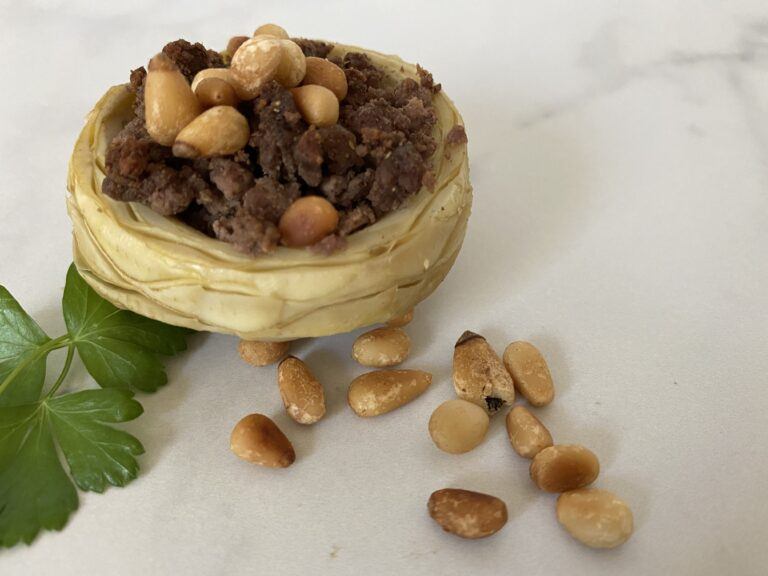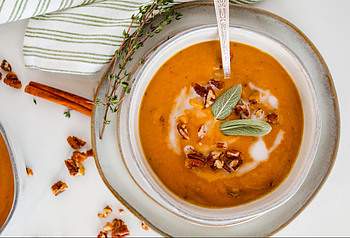What is Baobab Used For?
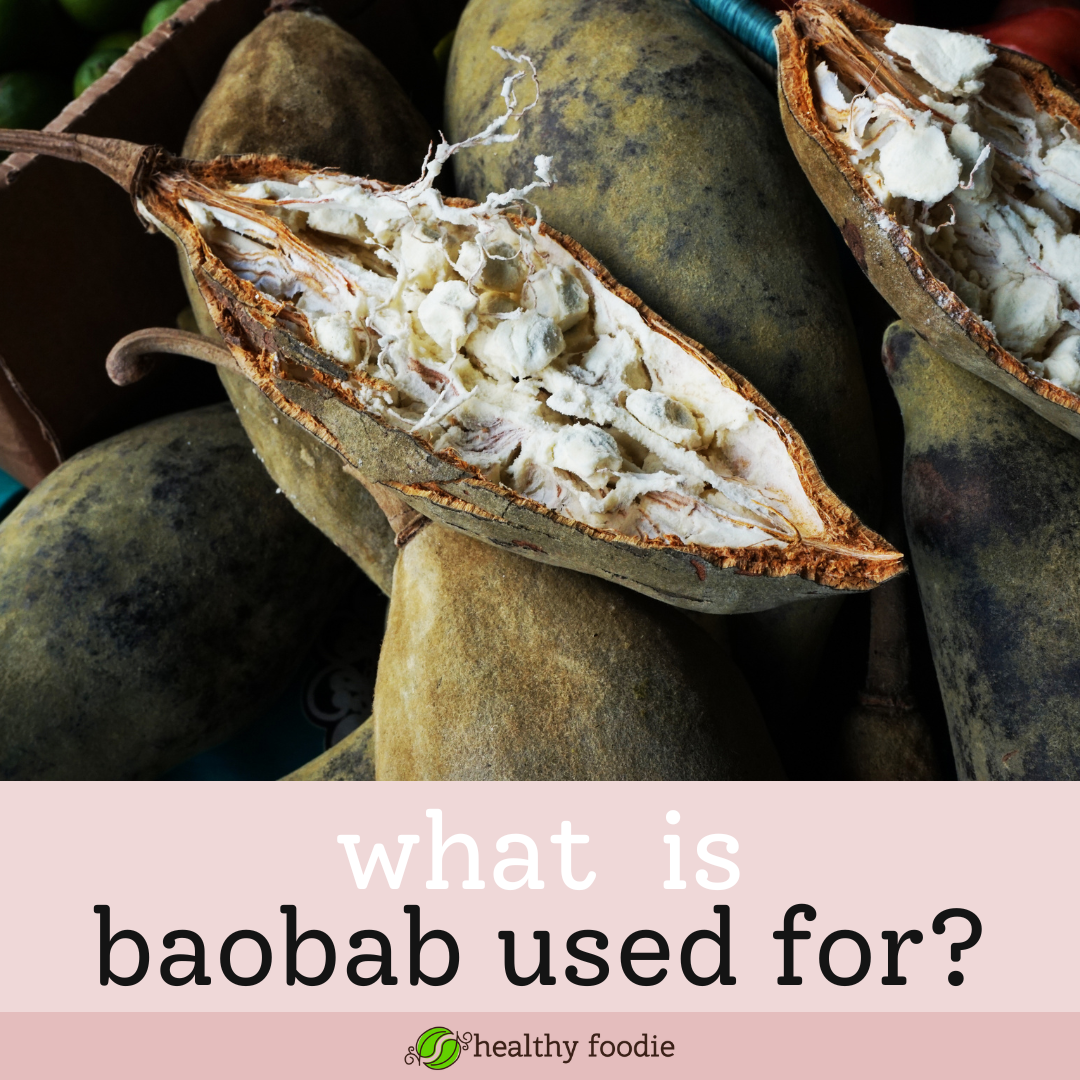
There is a tree native to some countries that plays an active role in traditional medicine. This amazing tree grows the only fruit that dries once fully grown. The fresh baobab fruit, which also comes in powder form, plays an important role in healthy living in certain countries, and it can benefit your health as well. Keep reading to answer the question, “What is Baobab Used for?”
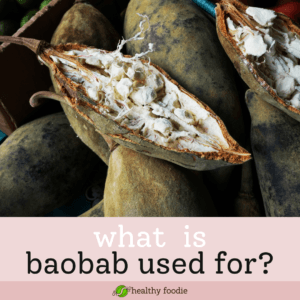
What is Baobab?
If you have never heard of it before, the baobab is a native tree in Africa, Arabia, Australia, and Madagascar. The scientific name for this tree is Adansonia. Baobab trees can grow to roughly 98 feet tall and produce a delicious citrus-like fruit commonly enjoyed and consumed in those countries. The tall trees are often referred to as the upside-down tree or the tree of life and can be seen in the movie, The Lion King.
What Is Baobab Used For?
The leaves, bark, and seeds have been used to treat many diseases, such as malaria, diarrhea, fever, microbial infections, tuberculosis, anemia, toothache, and dysentery. The baobab leaves and baobab fruit pulp help reduce fevers and stimulate the immune system to heal the body.
The baobab fruit – which is also offered in powdered form – is known for its health benefits. Local people commonly make various recipes and cuisines using this tasty fruit. For more information on the Baobab tree and its fruit, read this article.
Is Baobab Good For Skin?
Baobab oil can be extracted from the baobab fruit and baobab tree. The Baobab oil is full of omega fatty acids that are great for fighting chronic inflammation in the body. Using baobab oil is a great choice when treating sensitive or inflamed skin. The anti-inflammatory properties help soothe irritation and have been shown to help with skin conditions such as eczema and psoriasis.
Baobab is also great for softening the skin and clearing up any imperfections on the skin. Baobab contains antioxidants, plenty of vitamins A, B, and C, and omega 3, 6, and 9 fatty acids. It also has magnesium, potassium, and calcium, which are all fantastic for skin and over health.
What Does Baobab Taste Like?
The baobab fruit is one of the only fruits that dry while it grows on the tree. When harvested, the insides have small clumps of dried fruit that you can eat. Baobab by itself has a somewhat chalky texture. The powder covers the roof of your mouth much like flour might. Unlike flour, baobab has a citrus-like flavor. It is described as sweet, much like sherbet.
What Are The Side Effects Of Baobab?
While baobab has great nutritional value and helps with many health ailments, there are some side effects or downsides to consuming the fruit.
- The baobab seeds and fruit contain something called antinutrients. These include phytates, tannins, and oxalic acid. These antinutrients interfere with the absorption of nutrients your body consumes.
- Baobab oil is made up of cyclopropenoid fatty acids, which have been shown to interfere with the synthesis of healthy fatty acids in the body. This can lead to health issues over time.
- Baobab may lower blood pressure and heart rate, so pay attention and speak with a doctor if you have blood pressure issues or heart conditions.
- While it hasn’t been widely researched, baobab may lead to infertility issues and uterine contractions. Avoid it if you are pregnant, trying to conceive or breastfeeding
Overall, baobab has wonderful health benefits, but be aware and do your research before consuming this fruit.
5 Baobab Health Benefits
This delicious fruit has been associated with many health benefits when enjoyed in new recipes and cuisines. Here are 5 of the top health benefits of baobab fruit and powder.
1. Baobab is rich in vitamins and minerals
Different parts of the plant hold different vitamins and minerals, but here is a quick breakdown. The pulp of the baobab fruit is high in vitamin c, antioxidants, and minerals such as potassium, magnesium, iron, and zinc. Baobab leaves are rich in calcium and proteins that are easy to digest within the body. The plant seeds are packed with fiber, fat, and micronutrients such as calcium, iron, and thiamine.
2. Baobab may help with weight loss
One way to promote weight loss is to curb hunger and cravings. Baobab can help by promoting feelings of fullness, therefore helping you lose weight. Add baobab fruit extract to your morning smoothie to experience significantly reduced feelings of hunger. Baobab is high in fiber, which moves slowly through the body, making you feel full longer.
3. Baobab may help balance blood sugar
Baobab has been shown to reduce the amount of starch digested by the body and increase blood sugar levels. Baobab also decreases the amount of insulin needed to transport sugars within the body. This helps balance and regulate blood sugar levels. The high fiber content helps by slowing the absorption of sugar in the bloodstream, preventing spikes and crashing in blood sugar levels.
4. Antioxidants and Polyphenols in baobab may reduce inflammation
Antioxidants and polyphenols are compounds that protect your body’s cells from oxidative damage and excessive inflammation in the body. If you have been diagnosed with heart disease, cancer, autoimmune disorders, or diabetes, baobab may help reduce inflammation in the body. Reducing inflammation can help protect the heart from damage. The antioxidant properties are an easy way to help with certain health issues.
5. The fiber in baobab may help promote digestive health
Baobab in fruit or powdered form contains tons of fiber. One tablespoon of powdered baobab can contain up to 18% of the daily recommended values for your diet. Fiber is essential to your digestive health and helps with increased stool frequency if you suffer from constipation. The fiber acts as a prebiotic, optimizing the health of your gut microbiome. The fiber in baobab may also prevent intestinal ulcers, inflammatory bowel disease, and hemorrhoids.
How To Use Baobab Powder
If you don’t have access to baobab fruit or want the convenience of the powdered form, try Moon Balance. There are many benefits to using Moon Balance, including the fact that it contains baobab. Mix your Moon Balance with baobab powder into water, juice, tea, or your favorite smoothies for added health benefits. You can also sprinkle it into baked goods, onto slices of bread, over yogurt, or add it to oatmeal. This antioxidant-rich treat will have a positive effect on your health.
If you want to lower oxidative stress levels and reduce the risk of health conditions, adding baobab fruit powder to your daily diet is a great way to start. Add this healthy fruit to your diet and watch the transformation. To answer the question, “What is baobab used for?”, it’s used for so many beneficial things.
